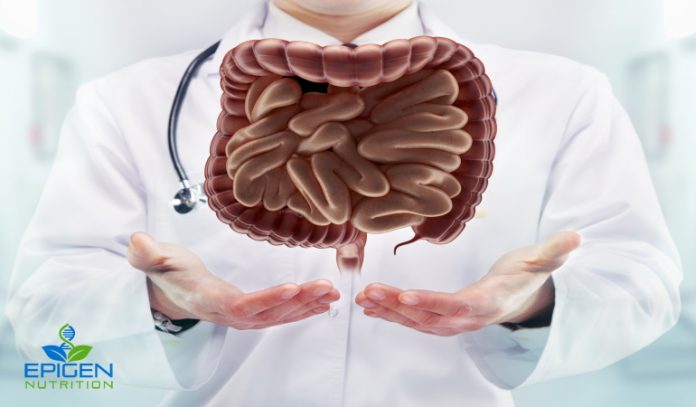If you could take a microscope and look into your gut, you would find that it is home to trillions of micro-organisms.
This population of bacteria in the gut is ten times more than all the combined cells in your body.
Our gut flora plays an extremely important role in our health and is responsible for regulating multiple operations, such as metabolism, protecting the body against infection and enhancing gastrointestinal functions.
Therefore, it’s essential to have healthy gut flora for an effective functioning digestive system.
One of the ways to achieve this is to make sure we consume the right foods.
Some of these foods are considered to be ‘super foods’ for gut health.
Here are 13 of the many available to choose from that you can include in your diet to improve and optimize your gut health.
“Click on the pictures below to read more about these superfoods.”
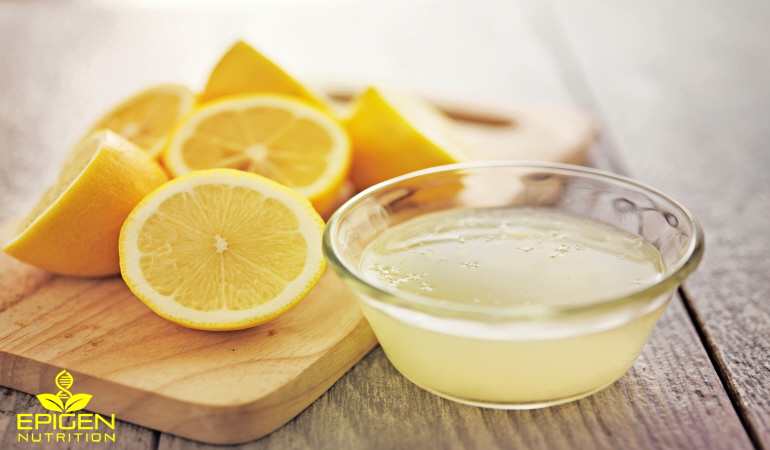 Click to Flip
Click to Flip
Lemon helps in regulating the PH levels in the gut.
It also contains electrolytes and vitamin C.
Before, or instead of the first morning coffee, drink a glass of warm lemon water. This will help kick start your metabolism.
 Click to Flip
Click to Flip
Oranges are packed with soluble fibre, and when fermented by the gut bacteria produce a by-product called butyrate. The butyrate helps regulate the growth of cells in the gut lining. As a result, proper balance is achieved between the formation of new cells and the death of old cells in the lining of the gut.
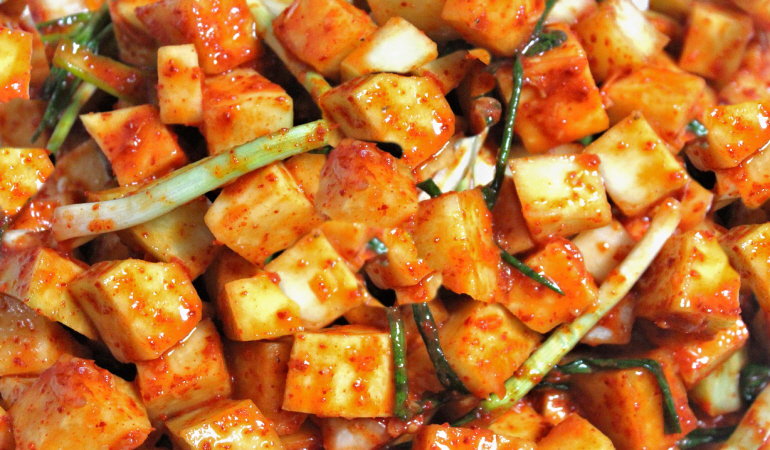 Click to Flip
Click to Flip
Kimchi is an excellent source of fibre.
It undergoes fermentation that promotes the growth of healthy bacteria.
It contains Lactobacillus and lactic acid that can help in regulating your gut flora. Regular intake of Kimchi may help in the prevention of colon cancer.
 Click to Flip
Click to Flip
Asparagus contains indigestible fibre which provides food to microbiomes.
It is rich in B vitamins and anti-inflammatory antioxidants.
It also contains magnesium which is important for digestive enzymes.
 Click to Flip
Click to Flip
Flaxseed tea is a good source of omega 3 fats, soluble fibre and lignans which have an anti-inflammatory effect on the gut.
Steep the flaxseeds in boiling water overnight, and drain the next day before drinking the tea.
 Click to Flip
Click to Flip
Just two tablespoons of chia seeds contain around 10 grams of fibre.
They also contain anti-inflammatory phytochemicals that soothe gastrointestinal distress.
Plus they are gluten free.
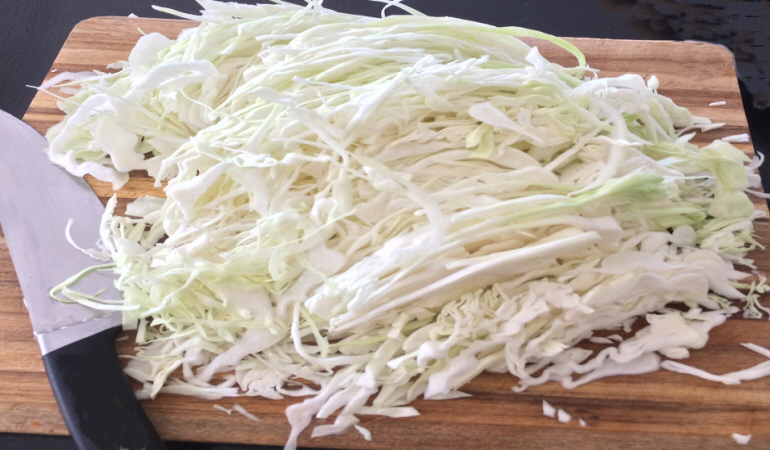 Click to Flip
Click to Flip
Sauerkraut provides health probiotics for the gut.
For the greatest benefit from this food, choose fresh sauerkraut.
The canned stuff is usually pasteurised, and this can kill off the good bacteria.
 Click to Flip
Click to Flip
Garlic functions as a prebiotic and is best eaten raw.
Prebiotics are a food that’s beneficial for gut flora.
If you consume probiotics full of healthy bacteria, then taking prebiotics to feed the bacteria will maximise their benefits.
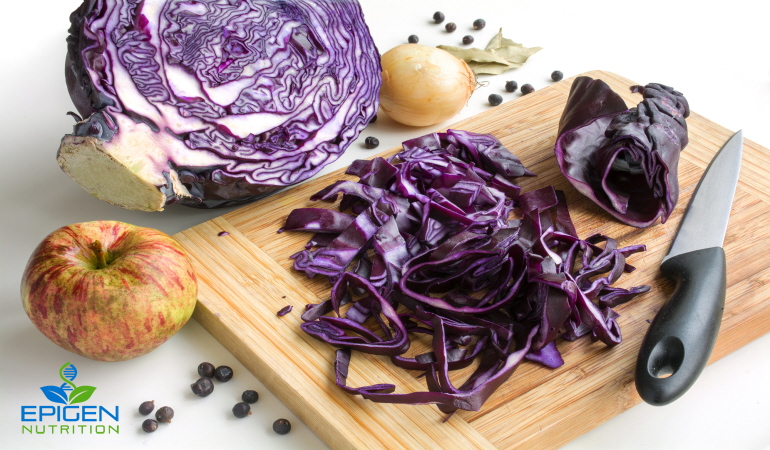 Click to Flip
Click to Flip
Red cabbage contains L-glutamine amino acid which aids in healing the soft tissue lining of the intestines.
Red cabbage is beneficial for people suffering from leaky gut syndrome, irritable bowel syndrome, celiac disease, Crohn’s disease and ulcerative colitis.
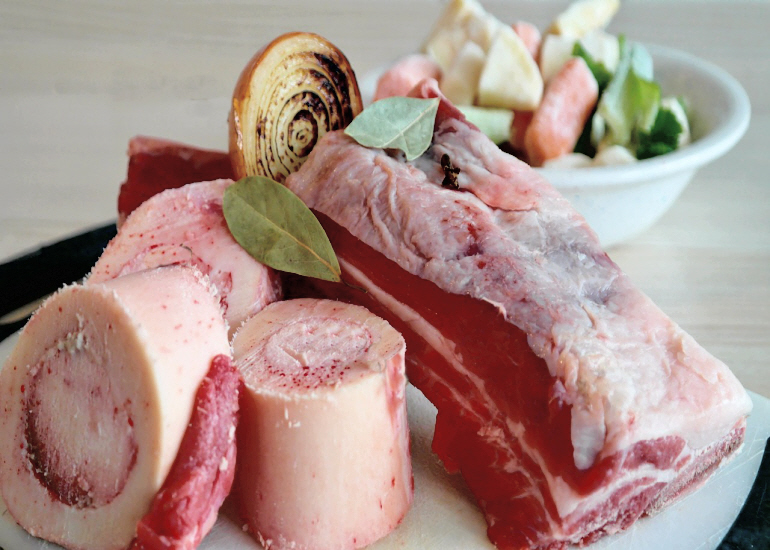 Click to Flip
Click to Flip
Bone broth is packed full of immune boosting components that lay the foundation for gut healing.
One particular component that makes bone broth helpful for gut healing is gelatin.
Gelatin is made up of hydrophilic colloid which attracts liquids, such as digestive juices. It also contains glucosamine, silicon, calcium and phosphorus which further promote a healthy gut.
 Click to Flip
Click to Flip
The mango is known to have positive effects on gut health.
It reduces body fat and helps regulate blood sugar.
It is also loaded with nutrients and bioactive compounds that provide tons of health benefits to the body.
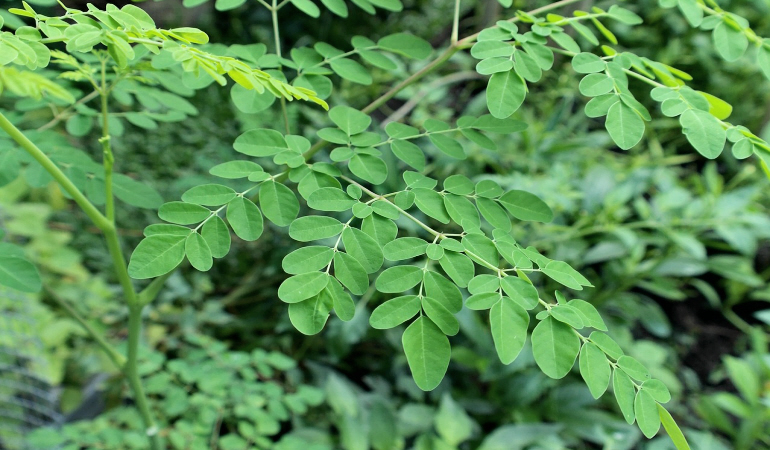 Click to Flip
Click to Flip
The high fibre content of moringa helps to cleanse the intestines.
Its anti-bacterial properties kills the bad bacteria that inhibit proper digestion.
It also contains isothiocyanates: a natural antibiotic which fights gastritis causing pathogens.
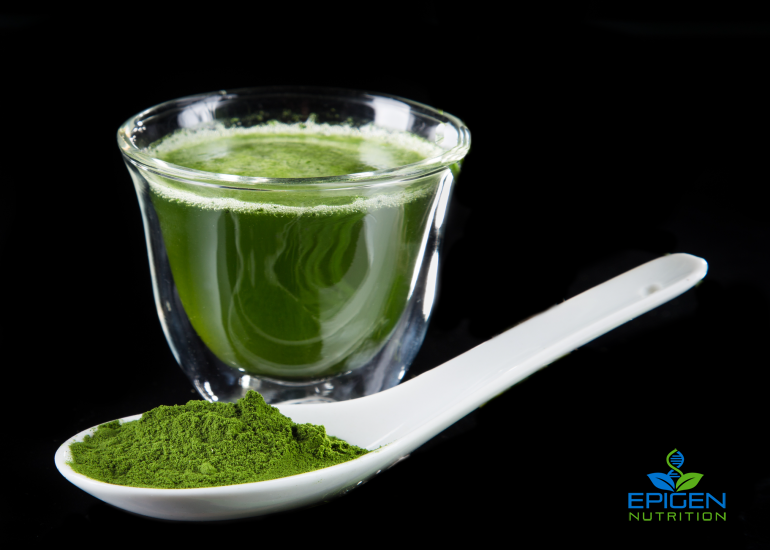 Click to Flip
Click to Flip
This freshwater algae balances PH levels in the gut, making it conductive to good bacteria growth. It is a powerful detox agent that removes heavy metals and mercury.
It also contains fibre that tones the intestine linings and promotes regular bowel movement.
 Click to Flip
Click to Flip
 Click to Flip
Click to Flip
 Click to Flip
Click to Flip
 Click to Flip
Click to Flip
 Click to Flip
Click to Flip
 Click to Flip
Click to Flip
 Click to Flip
Click to Flip
 Click to Flip
Click to Flip
 Click to Flip
Click to Flip
 Click to Flip
Click to Flip
 Click to Flip
Click to Flip
 Click to Flip
Click to Flip
 Click to Flip
Click to Flip






























